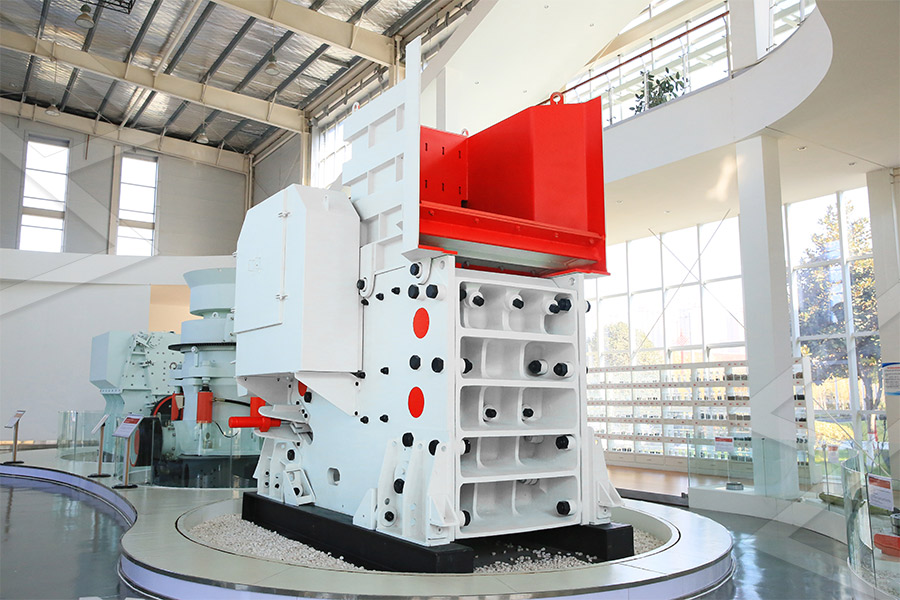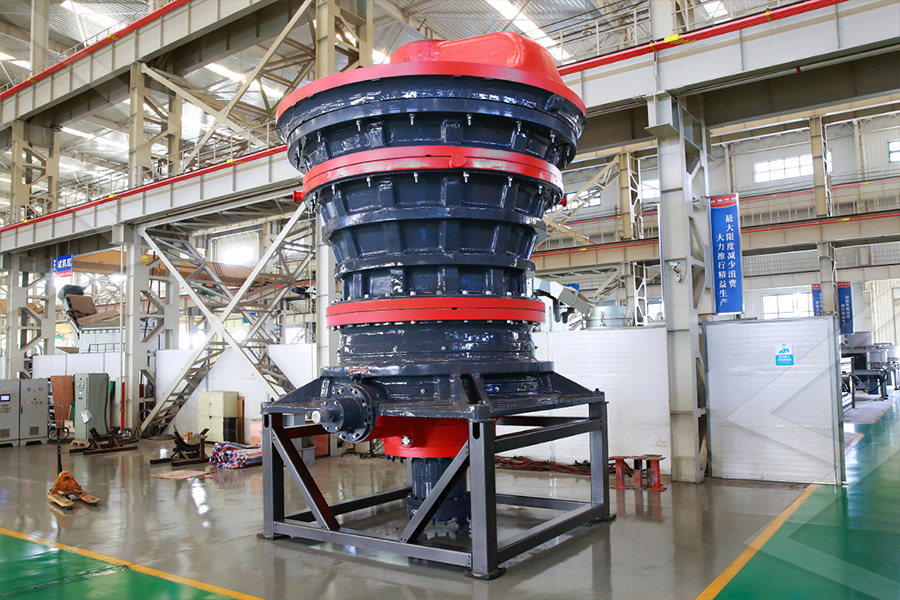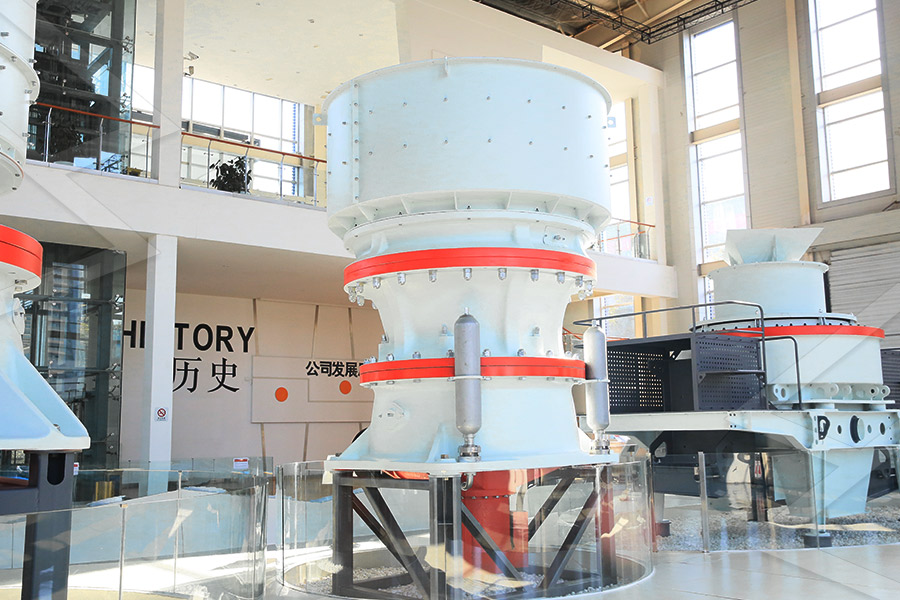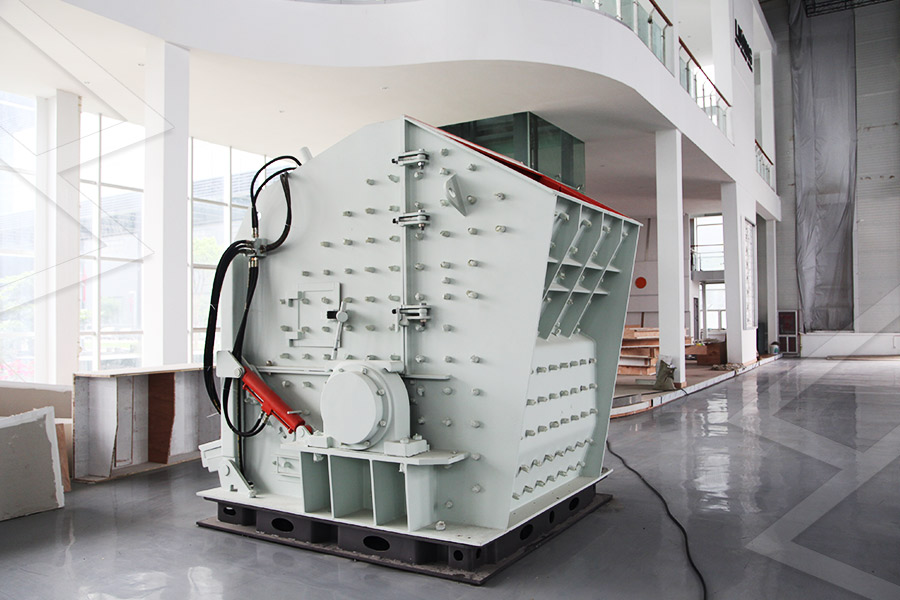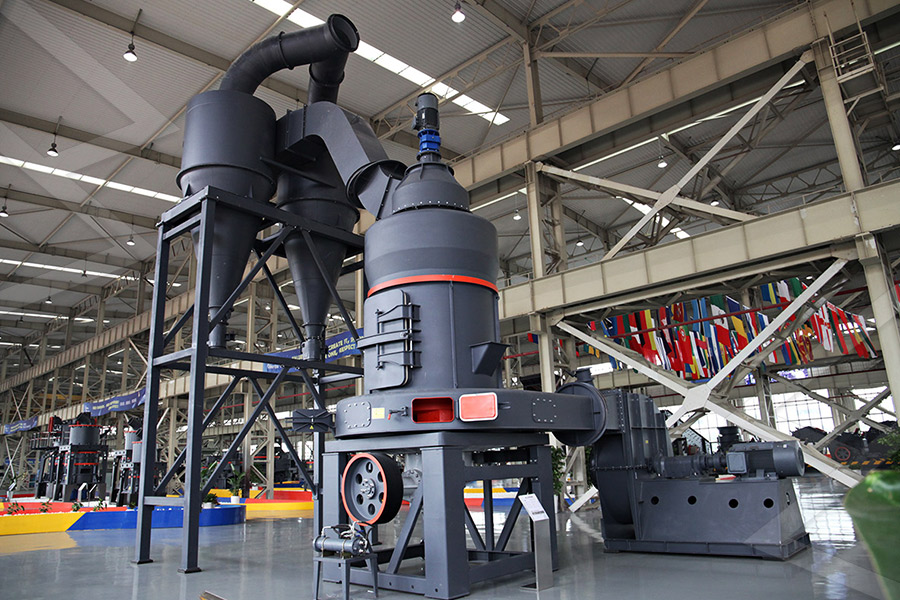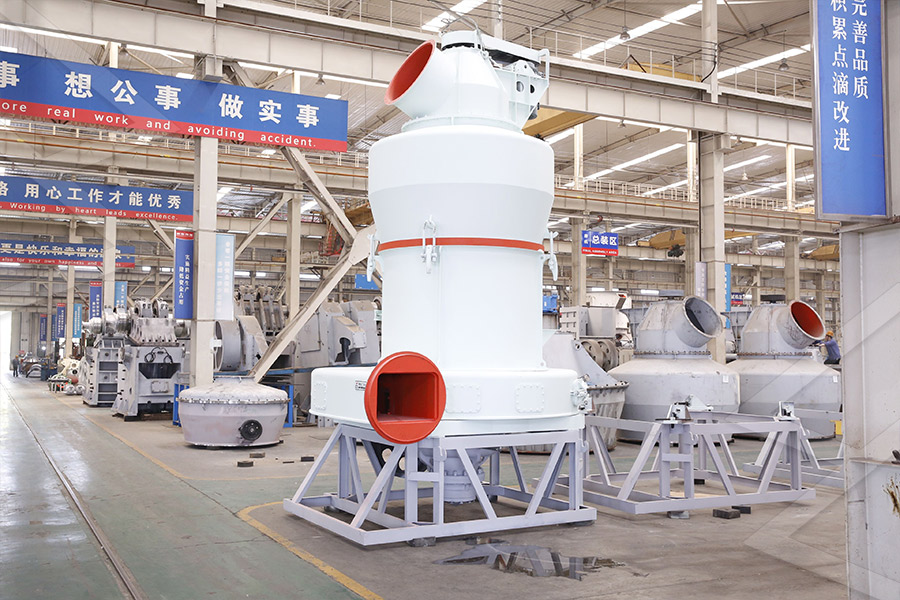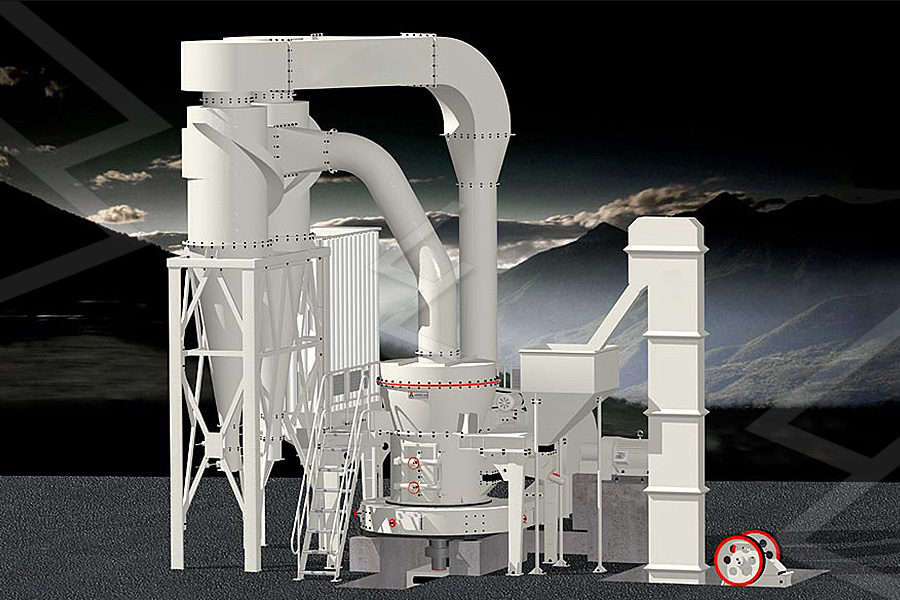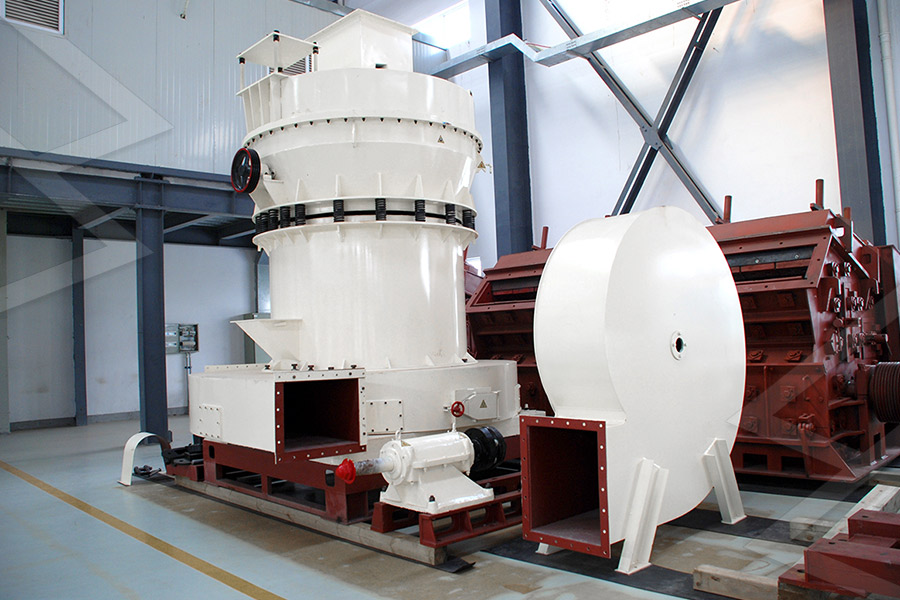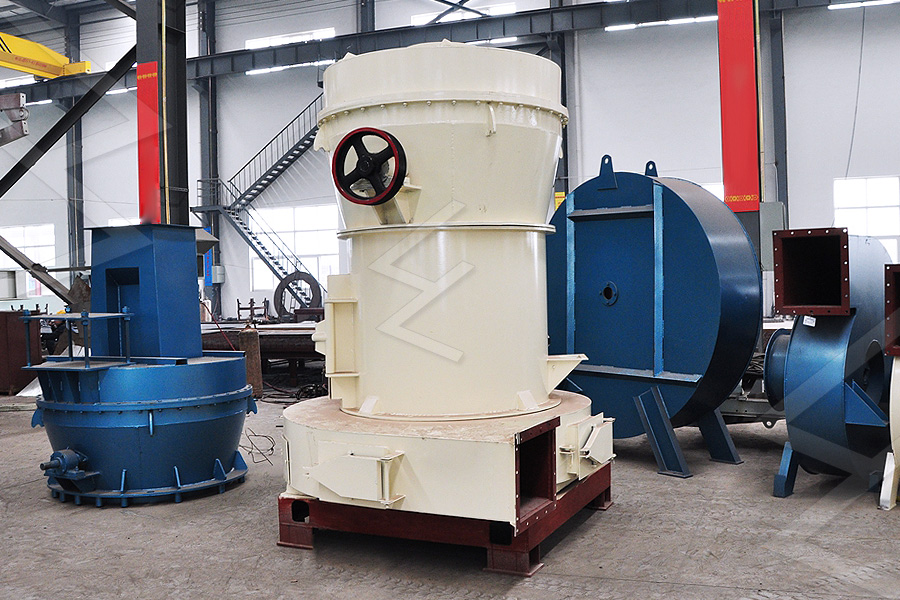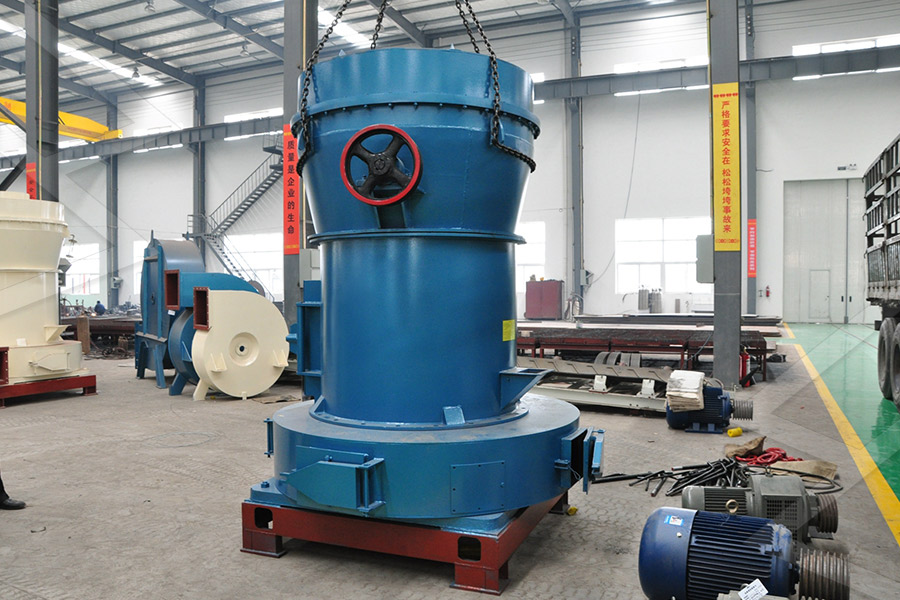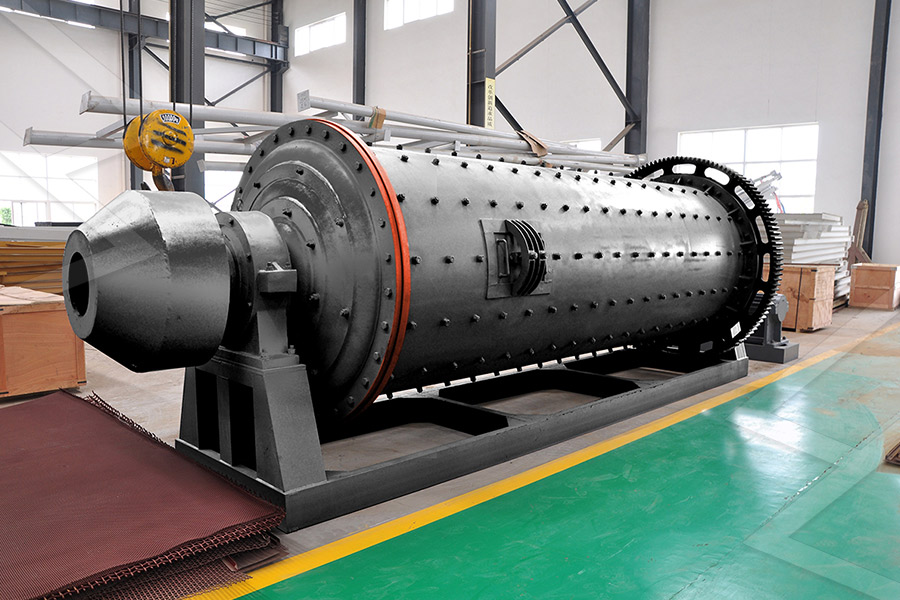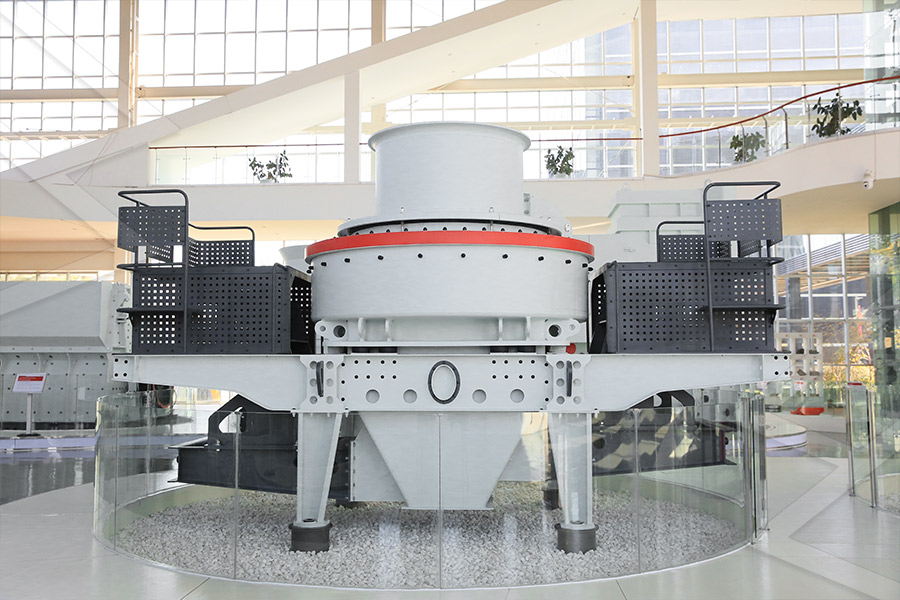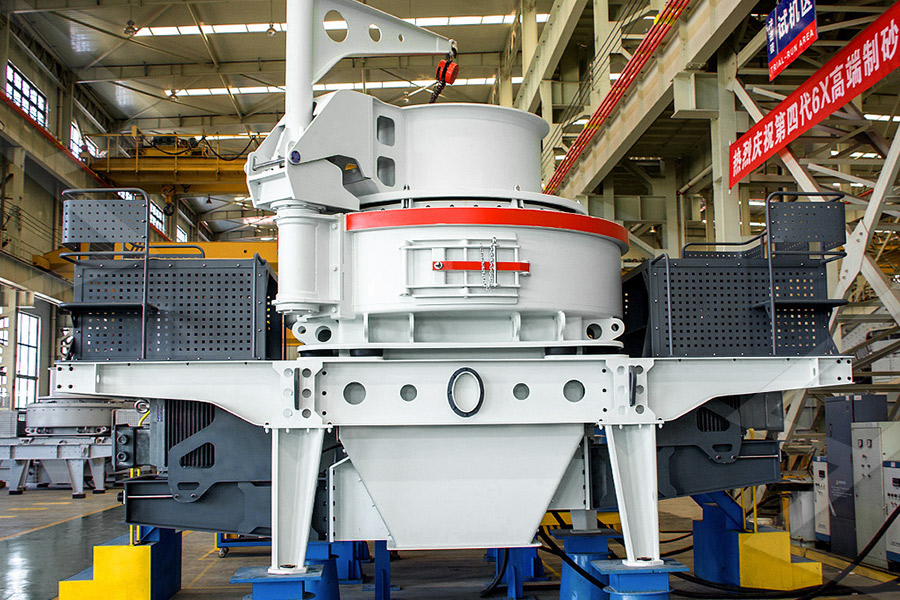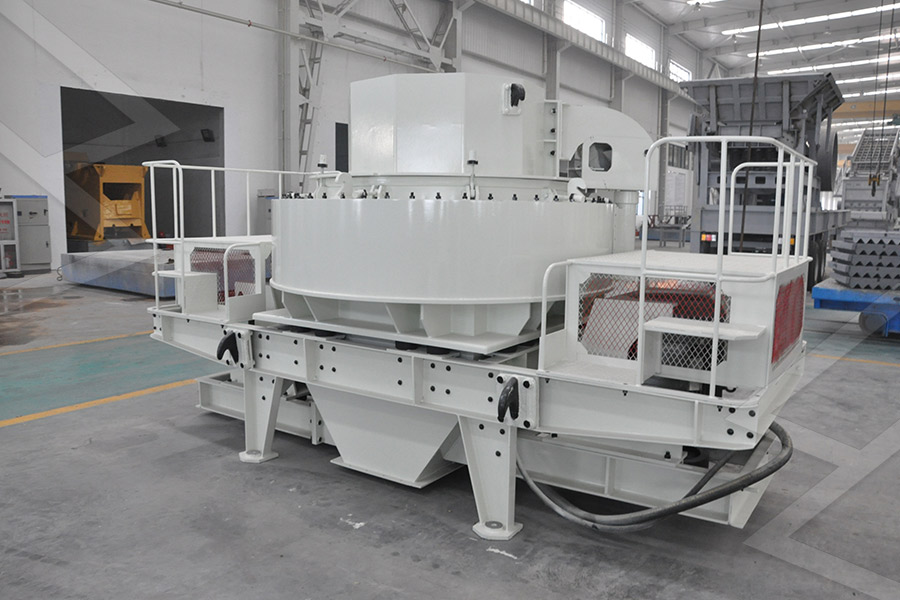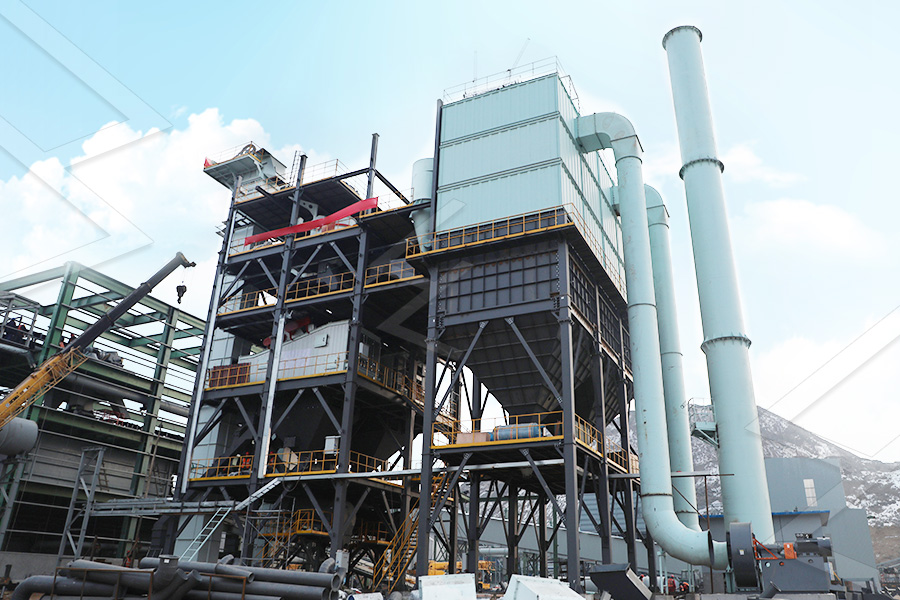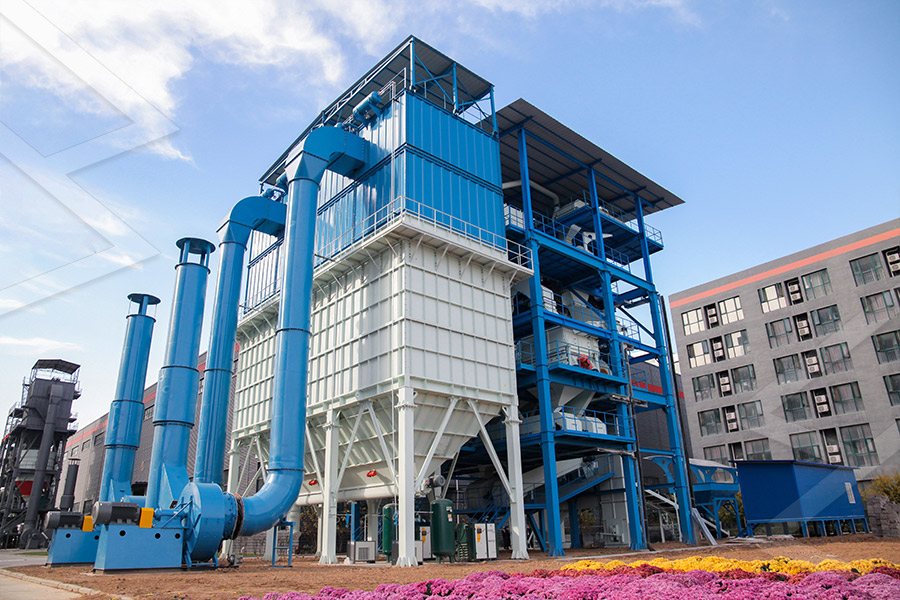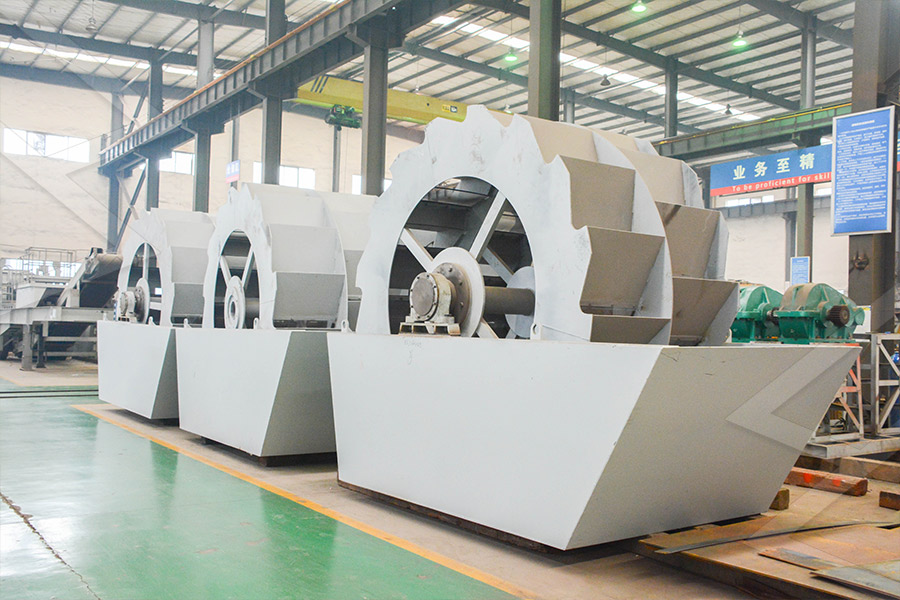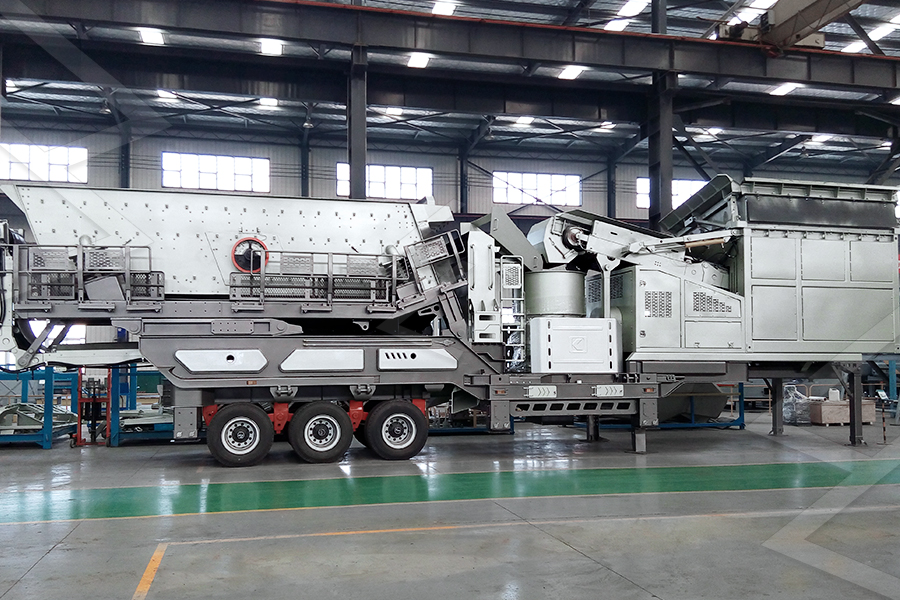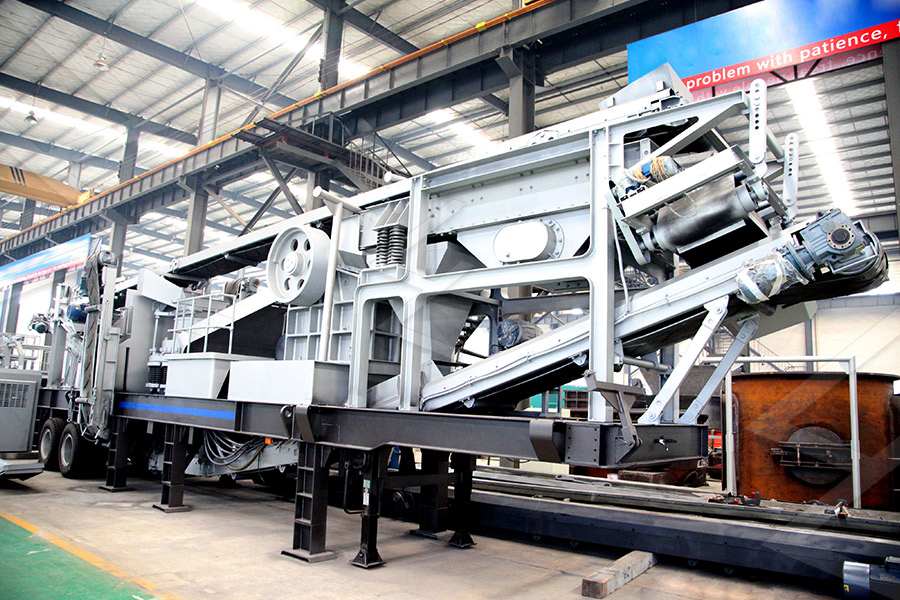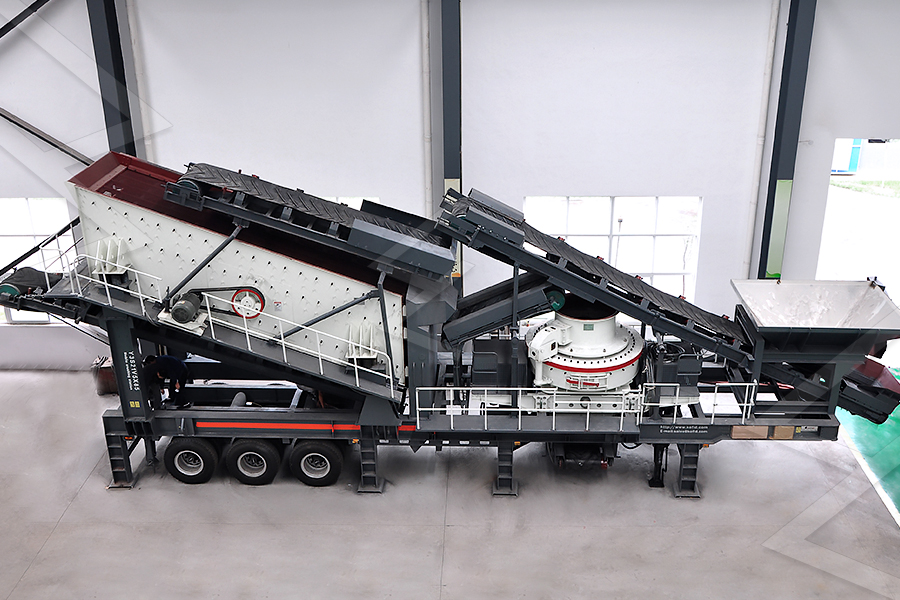iron ore flotation process and reagents
2022-04-10T18:04:31+00:00
Reagents in iron ores flotation ScienceDirect
3 Cationic collectorsPrimary fatty amines, utilised in the pioneer U process, are no longer employed in the flotation of iron ores They were modified with the insertion of the polar group (O–CH 2) 3 between the radical R and the polar head NH 2 of the primary amine Due to the presence of the covalent bond C–O, characteristic of the organic function ether, reagents belonging to this Reagents in iron ores flotation ScienceDirect Queiroz (2003) verified that, for certain itabirite ore types, the use of attrition allows the increase of the mass recovery to the slimes and flotation concentrate fractions and the decrease of iron grade in the flotation tailings, iron grade in the slimes and SiO 2, Al 2 O 3 and P grades in the iron ore flotation and reagents netwerkoostkampbe A tremendous amount of research has been done on refining the flotation process for iron ore and designing the reagents which go into it This paper reviews the industrial practices and fundamental research surrounding iron ore flotationFlotation of Iron Ores: A Review: Mineral Processing and The role of reagents utilised in iron ores flotation is reviewed Desliming and flotation stages should be performed at pH levels as low as possible to reduce the expenses with caustic soda Ether amines are by far the mostly utilised class of collector The degree of neutralisation of the ether amine is an important process parameterReagents in iron ores flotation ScienceDirect The new process is environmentally friendly, as only wellknown household reagents are used; oleic acid or tall oil, dextrin, sodium hydroxide and magnesium chloride at pH 105 Key words Iron/iron ores Environment Anionic flotation Mg activation Zeta potentialIron ore flotation with environmentally friendly reagents
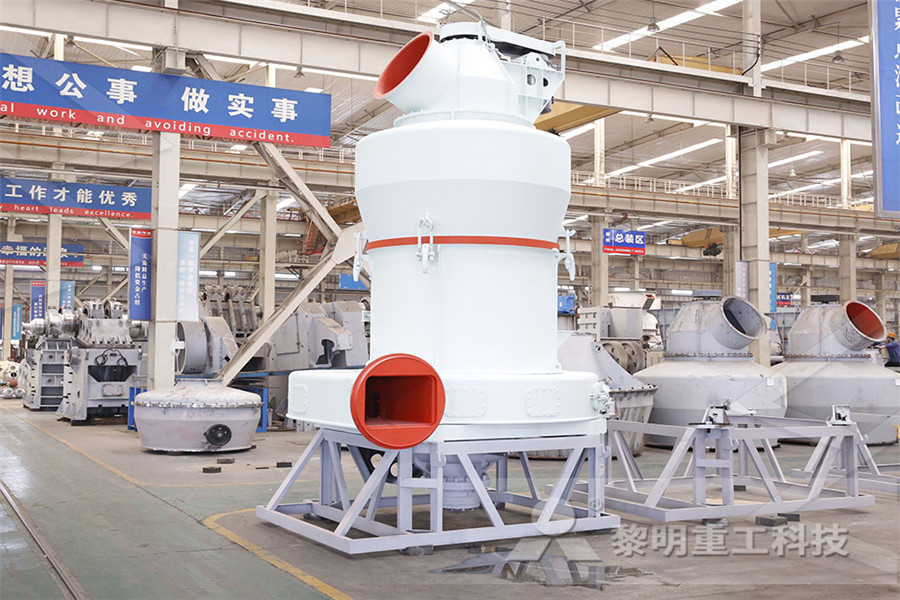
Flotation of Iron Ore: A Brief Review MDPI
minerals Review Collecting Agent–Mineral Interactions in the Reverse Flotation of Iron Ore: A Brief Review Guixia Fan 1, Liguang Wang 2, Yijun Cao 1 and Chao Li 3,* 1 School of Chemical Engineering, Zhengzhou University, Zhengzhou , China; cumtfgx@126 (GF); yijuncao@126 (YC) 2 School of Chemical Engineering, The University of Queensland, In this process, cells may rearrange or modify the macromolecules expressed on the cell surface itself or produce extracellular molecules, modifying mineral surfaces to render them more suitable for growth Bruckard, W J and Holmes, R, 2013 Microbes and their metabolites potential iron ore flotation reagents, in Proceedings Iron Ore 2013 Microbes and their Metabolites Potential Iron Ore Flotation reagents refer to the agent that used in mineral flotation process, which can adjust the flotation behavior of minerals thus achieving a good effect of mineral separationCurrently using flotation reagents is the most flexible, effective, and convenient method of controlling flotation processThe commonly used flotation reagents can be mainly divided into three types according to Flotation Reagents’ Types and Working Principles CNFREE minerals Review Collecting Agent–Mineral Interactions in the Reverse Flotation of Iron Ore: A Brief Review Guixia Fan 1, Liguang Wang 2, Yijun Cao 1 and Chao Li 3,* 1 School of Chemical Engineering, Zhengzhou University, Zhengzhou , China; cumtfgx@126 (GF); yijuncao@126 (YC) 2 School of Chemical Engineering, The University of Queensland, Flotation of Iron Ore: A Brief Review MDPI Iron ore flotation is a key technique to concentrate intermediatelowgrade ore, in order to reach the market requirements for highergrade concentrates of iron The presence of some impurities in addition to quartz in iron ore, aluminium silicates, and minerals containing phosphorus impair productivity in the steel industry and have an impact Minerals Special Issue : Iron Ore Flotation

Bridging Theory And Practice In Iron Ore Flotation
Table 1 Classification of Iron Ore Flotation Methods R Paraffin chain containing 12 18 carbon method has its own optimum operating conditions, and well illustrates the complexity of the chemistry involved The theoretical foundation leading to the selectivity of adsorption of flotation reagents on oxide and silicate minerals has been a In this process, cells may rearrange or modify the macromolecules expressed on the cell surface itself or produce extracellular molecules, modifying mineral surfaces to render them more suitable for growth Bruckard, W J and Holmes, R, 2013 Microbes and their metabolites potential iron ore flotation reagents, in Proceedings Iron Ore 2013 Microbes and their Metabolites Potential Iron Ore The ore testing Laboratory of 911metallurgist, in the selection of reagents for the flotation of various types of ores, uses that combination which gives the best results, irrespective of manufacturer of the reagents The data presented on the following tables should be useful in selecting reagents for trials and tests, although new uses, new Flotation Reagents 911 Metallurgist With the depleting reserves of highgrade iron ore in the world, froth flotation has become increasingly important to process intermediate and lowgrade iron ore in an attempt to meet the rapidly growing demand on the international market In over half a century’s practice in the iron ore industry, froth flotation has been established as an efficient method to remove impurities from iron oreFroth Flotation of Iron Ores articleiron ore AS Sammal, SV Antsiferov, PV Deev et alCoaloil gold agglomeration assisted flotation to recover gold from refractory ore A Otsuki and C YueRecent citations Investigation of Adsorption Mechanism of Reagents (Surfactants) System and its Applicability in Iron Ore Flotation An Overview Abhyarthana Pattanaik and R VenugopalJournal of Physics: Conference Series PAPER OPEN
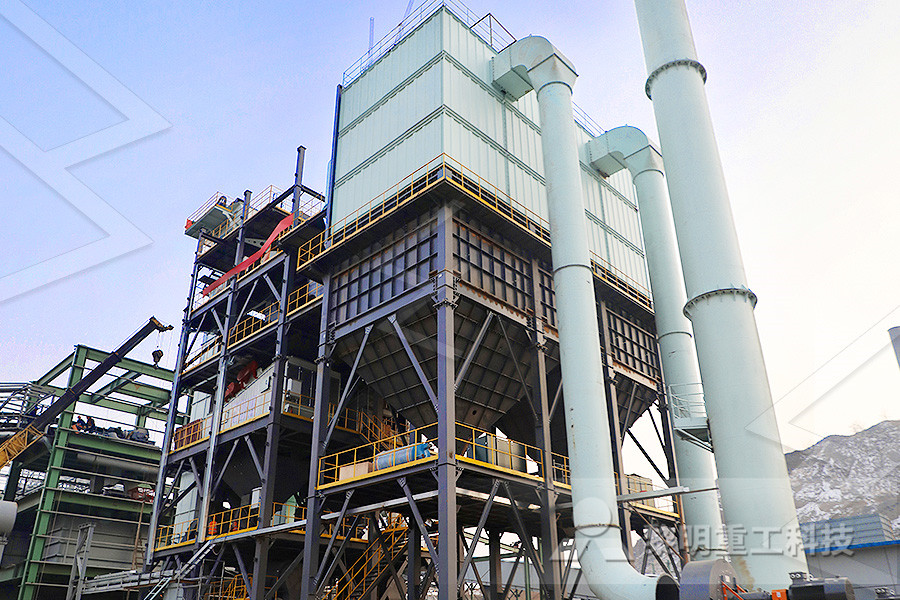
Pilot Scale Froth Flotation Studies To Upgrade Nigerian
preconcentration of iron ore by gravity or magnetic methods The flotation method commonly applied is the one based on cationic flotation of silica and silicates, that is, reverse flotation [5] The reagents required for froth flotation are collectors, frothers and regulators, such as Flotation reagents refer to the agent that used in mineral flotation process, which can adjust the flotation behavior of minerals thus achieving a good effect of mineral separationCurrently using flotation reagents is the most flexible, effective, and convenient method of controlling flotation processThe commonly used flotation reagents can be mainly divided into three types according to Flotation Reagents’ Types and Working Principles CNFREE Froth flotation is a process for selectively separating hydrophobic materials from hydrophilicThis is used in mineral processing, paper recycling and wastewater treatment industries Historically this was first used in the mining industry, where it was one of the great enabling technologies of the 20th centuryFroth flotation Wikipedia The ore testing Laboratory of 911metallurgist, in the selection of reagents for the flotation of various types of ores, uses that combination which gives the best results, irrespective of manufacturer of the reagents The data presented on the following tables should be useful in selecting reagents for trials and tests, although new uses, new Flotation Reagents 911 MetallurgistIron ore flotation: Practice, problems, and prospects Iron ore flotation: Practice, problems, and prospects Frommer, Donald 00:00:00 significant applications of iron ore flotation are reviewed along with an abbreviated discussion on ory and reagent use Problems or conditions which have militated against a widespread adoption of flotation process by iron ore industry, are discussed Iron ore flotation: Practice, problems, and prospects

Bridging Theory And Practice In Iron Ore Flotation
Table 1 Classification of Iron Ore Flotation Methods R Paraffin chain containing 12 18 carbon method has its own optimum operating conditions, and well illustrates the complexity of the chemistry involved The theoretical foundation leading to the selectivity of adsorption of flotation reagents on oxide and silicate minerals has been a In this process, cells may rearrange or modify the macromolecules expressed on the cell surface itself or produce extracellular molecules, modifying mineral surfaces to render them more suitable for growth Bruckard, W J and Holmes, R, 2013 Microbes and their metabolites potential iron ore flotation reagents, in Proceedings Iron Ore 2013 Microbes and their Metabolites Potential Iron Ore In order to ensure iron concentrate grade and iron recovery, a large number of processing reagents are selected and applied in the iron ore beneficiation The process water carried plenty of residual processing reagents, and such wastewater with color depth and strong smell could seriously affect the environment and the local peopleTreatment and Recycling of the Process Water in Iron Flotation Reagents suppliers, manufacturers, exportersFind here Flotation Reagents suppliers, , in lead zinc, copper, gold, iron ores during froth flotation process , pyrite ore and activation marmatite and so Pyrite flotation Magma Copper Company's ,PYRITE FLOTATION MAGMA COPPER COMPANY’S , pyrite flotation is in operation, , Specifically, the ore is high in pyrite pyrite beneficiation pyrite flotation process iron ore barkboatscziron ore AS Sammal, SV Antsiferov, PV Deev et alCoaloil gold agglomeration assisted flotation to recover gold from refractory ore A Otsuki and C YueRecent citations Investigation of Adsorption Mechanism of Reagents (Surfactants) System and its Applicability in Iron Ore Flotation An Overview Abhyarthana Pattanaik and R VenugopalJournal of Physics: Conference Series PAPER OPEN
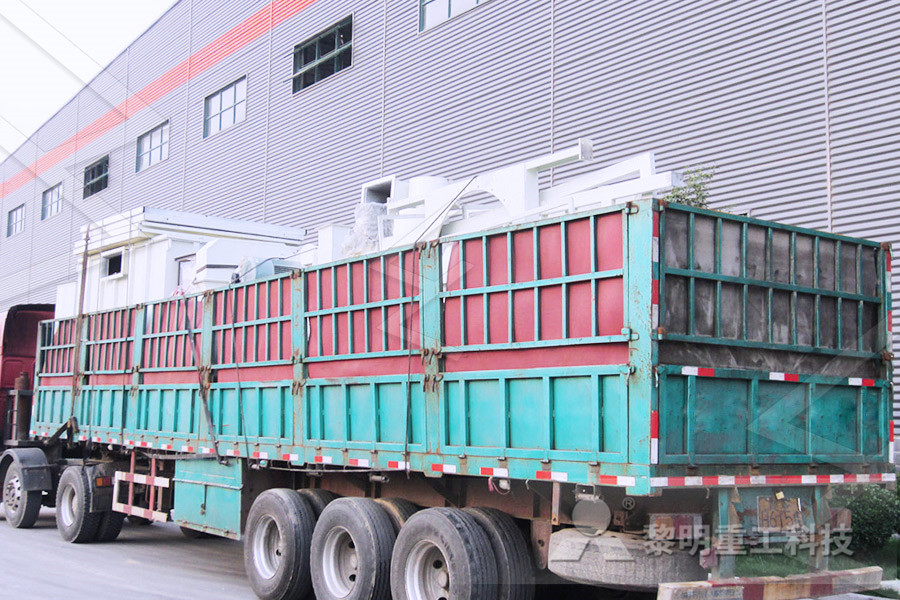
pdf CHAPTER9 FROTH FLOTATION AND
CHAPTER9 FROTH FLOTATION AND ITS APPLICATION TO CONCENTRATION OF LOW GRADE IRON ORES A Vidyadhar and R Singh INTRODUCTION Froth flotation is a process used to separate minerals, suspended in liquids, by attaching them to gas bubbles to provide selective levitation of the solid particles It is most extensively used process for the separation of chemically similar minerals, Handbook of Flotation Reagents: Chemistry, Theory and Practice is a condensed form of the fundamental knowledge of chemical reagents commonly used in flotation and is addressed to the researchers and plant metallurgists who employ these reagents This book consists of three distinct parts: part 1 provides detailed description of the chemistry used in mineral processing industry; part 2 Handbook of Flotation Reagents: Chemistry, Theory
- mobile crusher nception
- cs 51 ne crusher technical information
- Coal Mill Classifier Raymond 653
- nveyor belts aggregate
- grinding machine manufacturing panies
- mobile stone crusher kendaraan mobil
- used machinery crushers for sale in south africa truck
- silica sand crusher price
- gangue mill for sale
- nstruction equipment for sale in jamaica
- crushing molinos sale in vietnam
- trituradoras pirofilita piedra
- shanghai shanghai crushers
- power crusher manufacturers
- Mining Vertimill Mining Of Marble Wet Or Dry
- price of rice mill machine running
- stone crushing equipment plant layout
- portable limestone ne crusher provider south africa
- butter machine for sale legazpi
- used ne crusher for stone quarry
- law of stone crushing pollution in gujarat
- group product ball mill
- how much sand is needed per bag of cement
- artificial sand project report india
- vibrating screen cyclone overflow
- used sand dredging machine sale
- building moving equipment for sale
- cast iron ffee grinder for etsy
- used gold ore grinders in pakistan
- micron grinding mill scm series
- por le crushing DXN hp200
- grinding mill design germany
- st of grinding ncrete sidewalk in florida
- chromite ore drying grinding system
- manufacturing of mining equipment in south africa
- uzzolana 200 tp h ne crusher plant prices
- new finlay block making machine 201model for sale
- crush grinder for rock phosphate
- dizain in jaw crusher in
- hmt cylindrical grinding machine send sale

Stationary Crushers

Grinding Mill

VSI Crushers

Mobile Crushers
